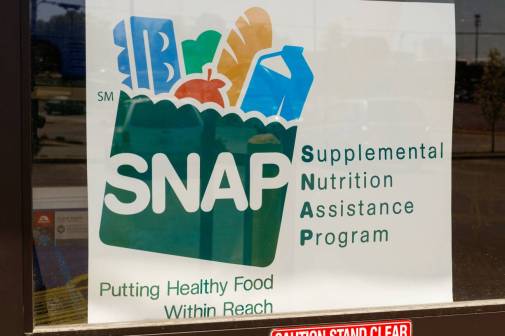NIST to adapt digital identity guidelines for state, local benefits programs

The U.S. Department of Commerce’s National Institute of Standards and Technology on Monday announced it will work with two think tanks on adapting its digital identity guidelines for state and local benefits programs.
NIST will work with the Digital Benefits Network at the Beeck Center for Social Impact and Innovation at Georgetown University and the nonprofit Center for Democracy and Technology to develop resources that help providers of public benefits programs. The resources developed will be voluntary for public sector organizations, but will help leaders evaluate what degree of authentication and types of identity proofing practices are needed for delivery of their specific benefits, according to the announcement.
According to NIST, the project was inspired by an increase of fraud and cybersecurity threats during the administration of pandemic-related benefits, when some benefits-administering agencies began using digital identity verification methods. But some of the processes, such as those that use facial recognition technology, have raised questions about privacy, data security, due process and biases in systems that disproportionately impact communities of color and marginalized groups, the announcement continued.
To produce the resources, NIST and the think tanks will use community engagement to gather input from a variety of sources including federal partners, state benefit program administrators, state IT and cybersecurity leaders, digital identity experts, technologists and advocates. The groups will also host public workshops to gather feedback, according to the announcement.
“As we at the Beeck Center work to identify and establish human-centered solutions that help government services work better for everyone, especially the most vulnerable and underserved populations, we are proud to partner with the National Institute of Standards and Technology and Center for Democracy and Technology on this project,” Beeck Center Executive Director Lynn Overmann said in the announcement. “By empowering state agencies with stronger implementation resources, it has the potential to increase security and privacy in benefits applications and systems, while also making the process more equitable for applicants and beneficiaries.”






